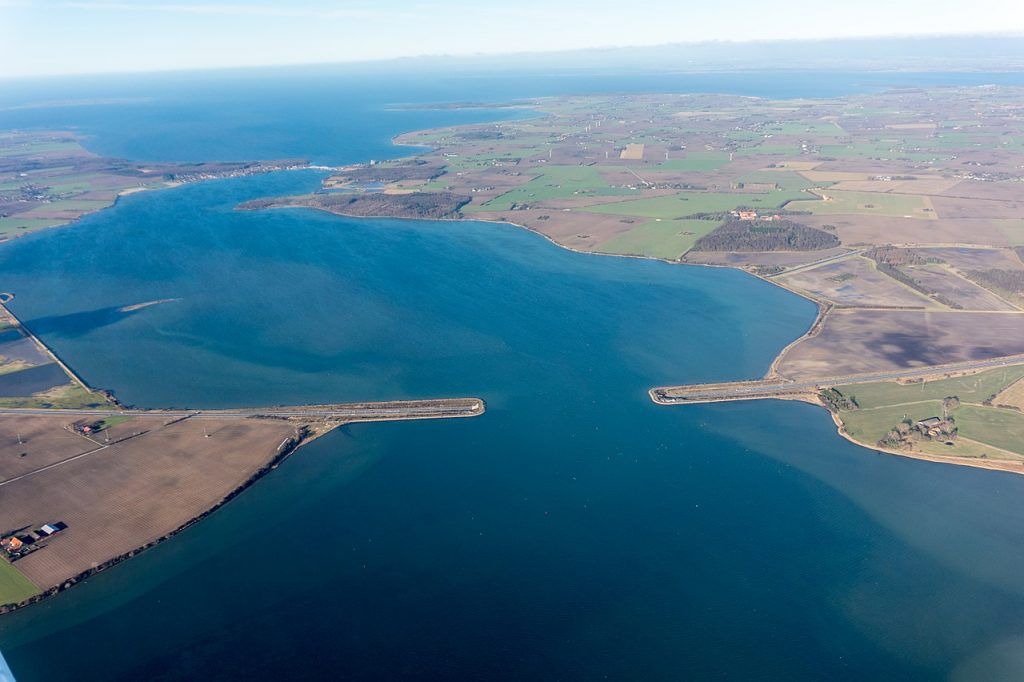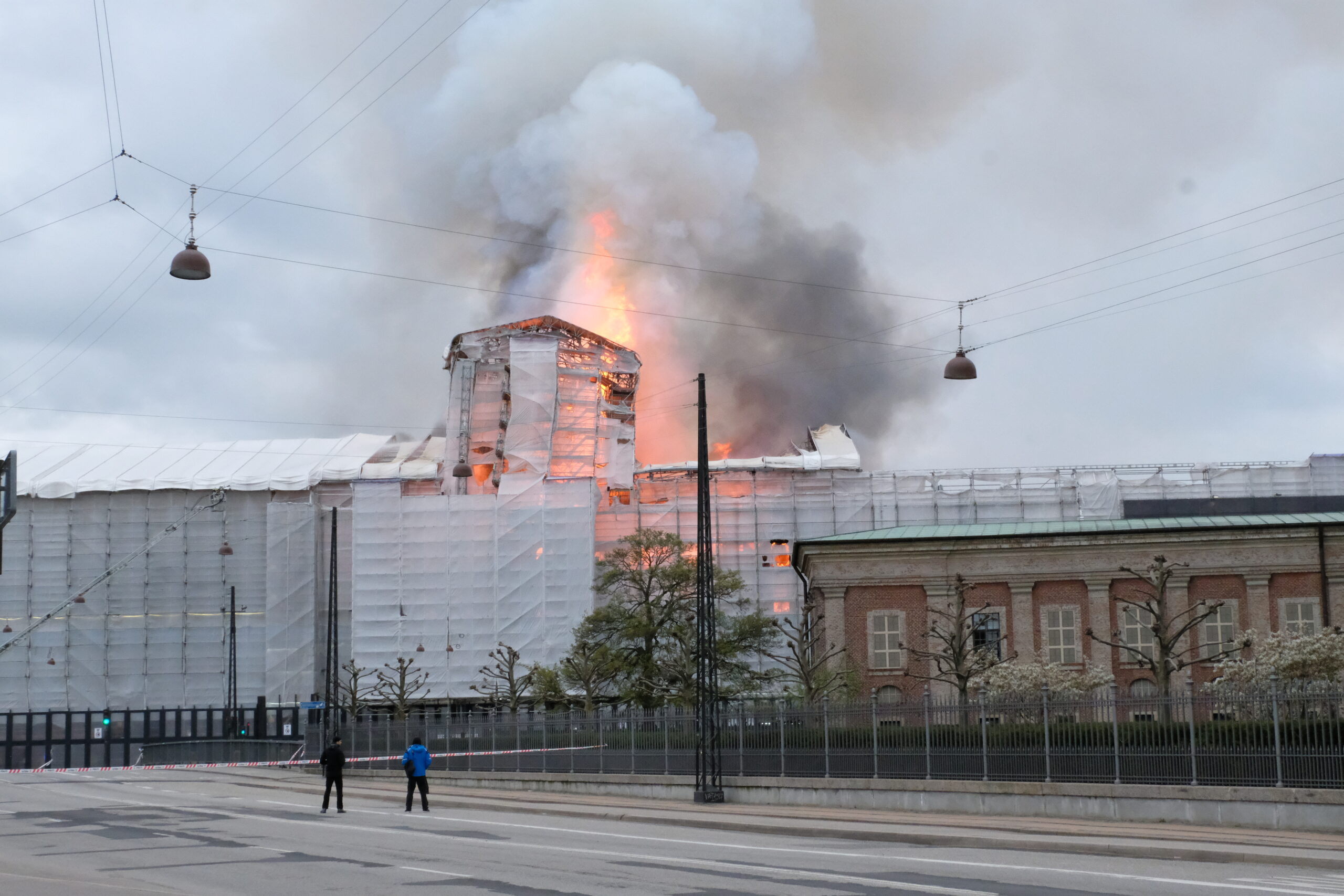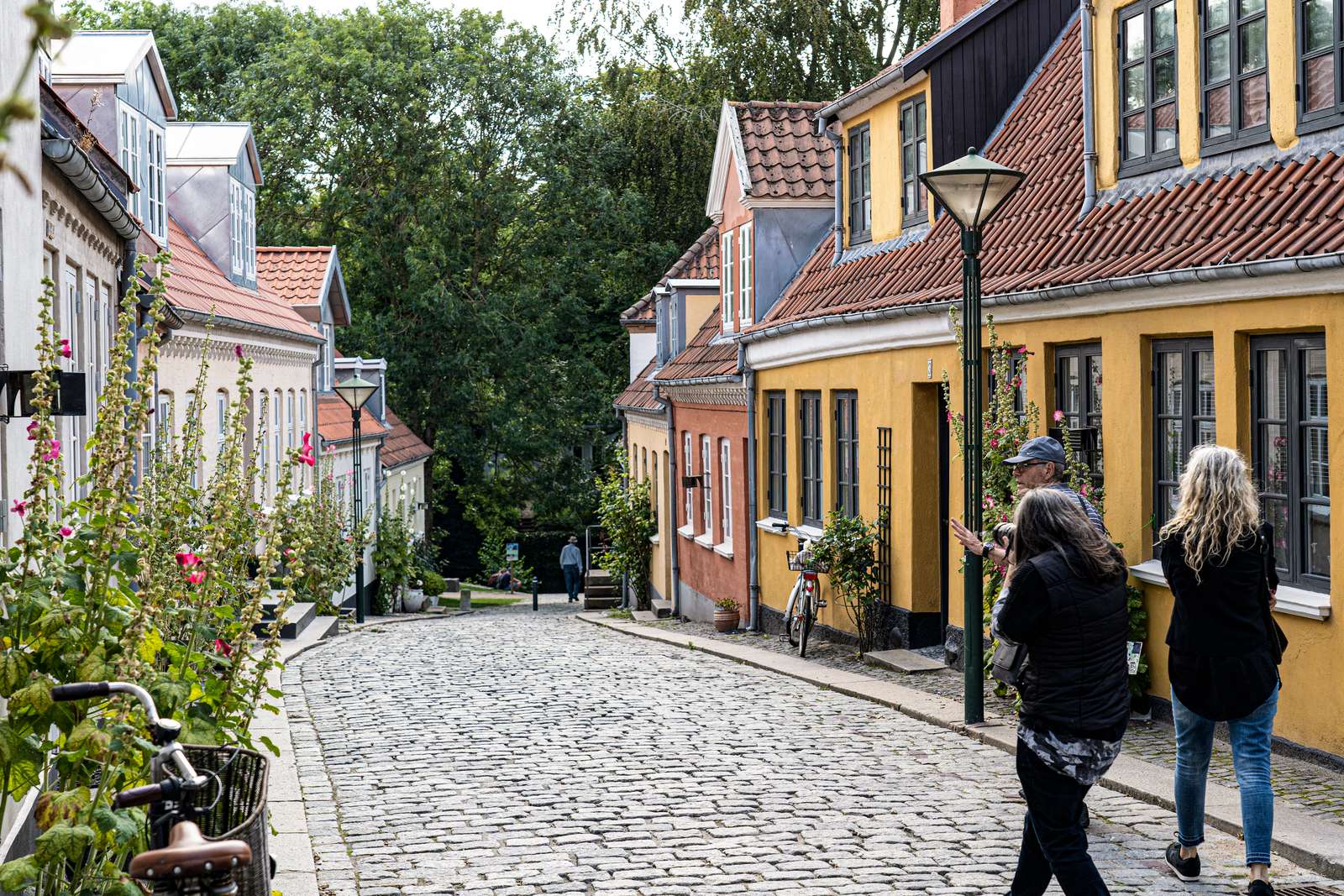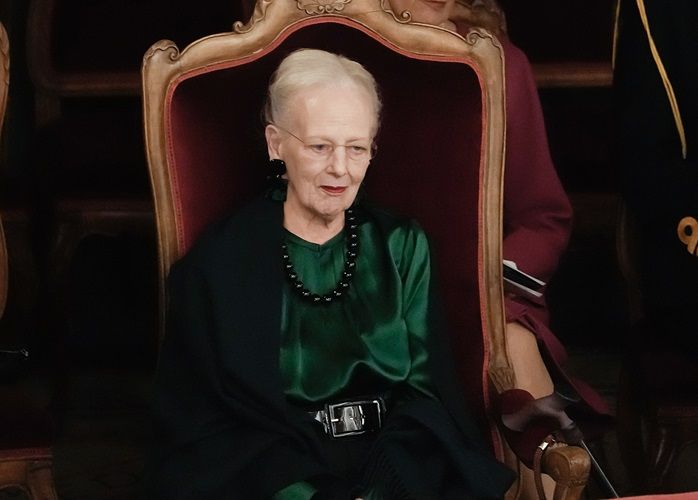Some 1,694 public housing residents have been moved out of Copenhagen in the last three years, according to figures recently released by the AE-Rådet industrial workers council.
The trend is mirrored in the country’s other big cities with Aarhus (1,421), Odense (766) and Aalborg (697) relocating significant numbers, as well as several suburbs of Greater Copenhagen – Hvidovre (234), Albertslund (176), Lyngby-Taarbæk (145), Gladsaxe (121) and Gentofte (117).
The annual relocation rate is increasing, from 1,341 people in 2015 to 1,704 in 2017.
“There is a clear trend with the big cities,” commented Lars Andersen, the head of AE-Rådet, told DR. “It makes good economic sense to them to have a net migration of people on benefits moving away, who are replaced by students and people in work.”
Accelerating inequality
According to figures for Copenhagen obtained by DR, around 40 percent of the public housing residents end up moving to an ‘outer municipality’ – an economically weak area in regions such as Lolland-Falster and west and south Zealand – with 60 percent choosing a municipality close to Copenhagen.
Guldborgsund Municipality, which encompasses all of Falster and part of Lolland, has received 404 over the last three years, while the municipalities of Lolland, Odsherred, Vordingborg, Kalundborg Slagelse, Silkeborg and Holbæk have all received in excess of 200.
This accelerates inequality, points out Andersen, and increases the welfare burden of the already poor outer municipalities. Guldborgsund’s bill has accordingly risen by 20 million kroner a year.
Parliament, however, has been stalling on legislation that will require municipalities like Copenhagen to compensate its much poorer counterparts.
Harbour baths closed until after the weekend
Temperatures are once again rising to 25 degrees in the capital today – the warmest it might get for at least another week, as 20-22 will be the norm over the weekend and beyond – but potential bathers will be disappointed to find most of the baths in Copenhagen Harbour are closed. The authorities took the decision after recent heavy rain increased the chance of the city’s sewage system overflowing and pouring into the harbour. The baths are expected to reopen next Monday.
City calls time on late-night licences
No more late-night licences will be issued in the city centre, the city mayor, Frank Jensen, has confirmed. The decision follows a high number of complaints about noise, and the mayor is hopeful that curtailing the number will also help address issues such as rubbish, violence and vandalism in the area. Specifically, it applies to the area bound by Vester Voldgade, Stormgade, Vindebrogade, Holmens Kanal, Kongens Nytorv, Gothersgade and Nørre Voldgade, where one-third of Copenhagen’s late-night venues are located. The only way to obtain a late-night licence will be to take over a premises that already has one.
Two charged in connection with drive-by shooting in Lyngby
Two men aged 19 and 24 were yesterday arrested and formally charged with firing shots at a BMW near the Technical University of Denmark in Lyngby on July 11. It is believed the incident at the intersection between Lundtoftevej and Akademivej, in which nobody was injured, was gang-related. The pair will remain in custody. Meanwhile, Nordsjælland Police is searching for a third man.














